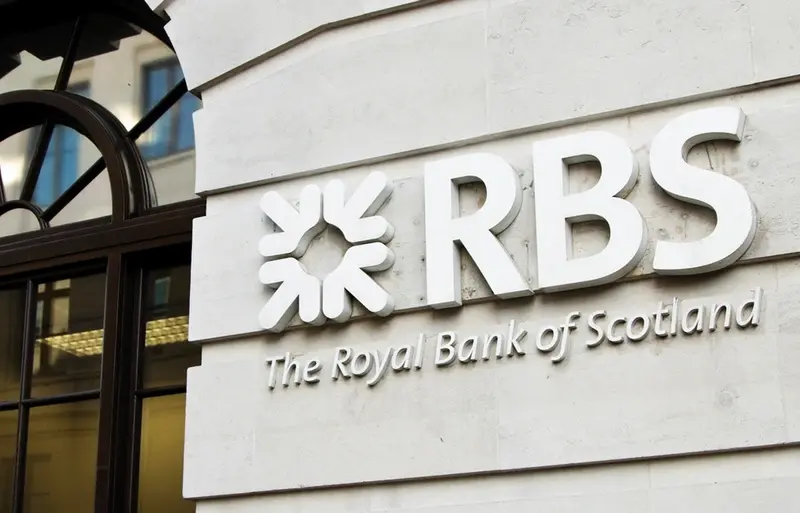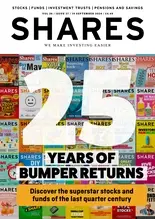
On paper at least investors should have been more pleased with Royal Bank of Scotland (RBS) delivering profits ahead of forecasts and a small margin improvement. Yet instead, the share price reaction is subdued, RBS bid up just 0.9% to 243.8p.
A combination of almost no growth in loans and deposits, a muted outlook and a good run for the shares in recent weeks seems to have capped any enthusiasm over the actual results.
EARNINGS HELPED BY LOWER COSTS
Full year profits were £1.62bn against a consensus of £1.58bn while the fourth quarter’s net interest margin - the spread it makes between taking deposits and lending them out - grew by 0.02% compared with the third quarter.
Profits were helped by a £750m decrease in operating costs thanks to lower ‘strategic costs’ for winding down NatWest’s Markets division, selling off property assets and investing in technology.
Also helping keep costs down was a £95m or 19% drop in charges for bad loans due to fewer losses in commercial lending, and there is no repeat of the third quarter’s unexpected £101m ‘Brexit’ provision.
BUSINESS AS USUAL IN THE RETAIL MARKET
There was virtually no change in the bank’s loan or deposit books last year, therefore there was barely any change in the loan/deposit ratio either.
Total customer loans were £305.1bn against £310.1bn in 2017 while deposits were £360.9bn against £361.3bn.
All that has changed in the last year is that margins on loans and mortgages have shrunk even further so the net interest margin has dropped 0.15% to just 1.98%.
There was a microscopic rise in the fourth quarter but to call this an ‘inflection point’ as some analysts are is wishful thinking given the intense level of competition in consumer lending.
SPECIAL DIVIDEND BUT NO BUYBACK
As well as a final dividend of 3.5p per share which is roughly in line with estimates RBS is paying a special dividend of 7.5p per share which is well ahead of market expectations.
Going forward it expects to keep its ordinary dividend payout at 40% of earnings but it has scope to pay further special dividends and maintain a strong capital position.
Unsurprisingly there is no news on buying back shares from the Treasury as at today’s prices the taxpayer would be losing more than 50% on their investment for the benefit of RBS shareholders, which is a political non-starter.
COST TARGET AND CONDUCT STILL IN QUESTION
Although the bank hasn’t tucked away any more ‘Brexit’ reserves it says the ongoing economic and political uncertainty makes its 2020 target of a cost to income ratio of less than 50% ‘increasingly challenging’.
It actually cautions that the risks to its target are to the downside, i.e. the chances are that costs will exceed its 50% target by 2020.
We would also note that the scandal over the bank’s Global Restructuring Group (GRG), which is accused of driving thousands of UK businesses into financial ruin, hasn’t gone away.
If anything, allegations that the Treasury’s Asset Protection Agency had ‘significant operational control’ of the GRG and may have encouraged its activities mean the affair has become a hot topic again.





